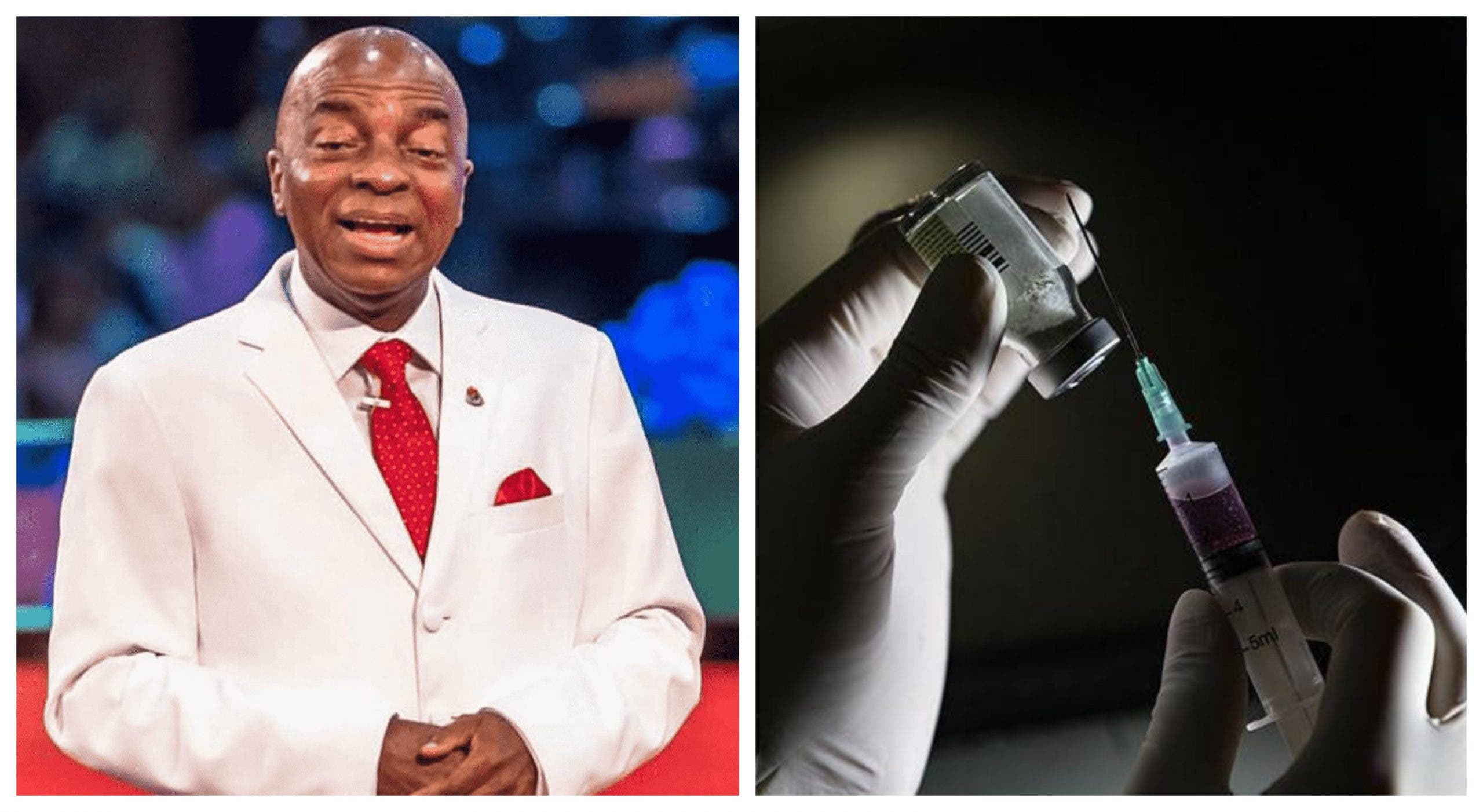Family planning, fertility education crucial to sustainable development —FG
The Director, Family Health Services, Federal Ministry of Health, Dr. Salma Ibrahim-Anas, says family planning and fertility education are critical to achieving sustainable development and a secure environment.
Ibrahim-Anas stated this on Wednesday, at the National Inception meeting of the Women’s Integrated Services for Health project in Abuja.
She said that lack of family planning and poor access to fertility education contributed to the current security challenges affecting the nation.
The director said that proper planning and spacing of children would enable parents to instill morals, provide quality education, and nutrition, as well as improve chances of survival and reduce illnesses and burden on health facilities.
“Lack of family planning is a great contributor to insecurity in the country because the use is to space the number of children you want, the time you plan to have them, and the family size you can take care of.
“This is in terms of nutrition, moral upbringing, education, and quality care so that we have children that are raised to be productive, well mentored, and can contribute to national development.
“If you have so many you might not be able to cater to them. So this is where family planning comes in to regulate fertility.
“When you regulate fertility you have children that contribute to national development because they are well guided.
“If we are not able to do this, we might end in catastrophe because you have children that are not educated and no access to quality education both formal and spiritual.
“This makes them think irrational and without work and they have to cater for themselves. So they begin to look for various means of survival and this can lead to the insecurity that we are witnessing in Nigeria,” she said.
While reiterating governments’ commitments toward improving access to family planning and other sexual reproductive health services, she encouraged families to support the programmes.
She added that the WISH project had improved the universal sexual and reproductive health and rights of the people.
Anyachukwu, however, stressed the need for improvement in domestic finances and ownership of family planning and reproductive health services.
“And this extension will support the federal and state governments to take forward the sustainability of reproductive health interventions in Nigeria.
“WISH extension is here to support federal and state governments to ensure that Nigerian women and families are able to access reproductive health services where they need it and when they need it for the betterment of their health and families.
“So, I encourage the women to access it as much as possible and we will be building mechanisms to ensure it is sustained over a long time,” he added.
Also, the Country Director of Marie Stopes International organisation Nigeria, Mr. Emmanuel Ajah, said WISH was a three-year Project supported by FCDO to support universal SRHR in Nigeria.
Ajah explained that the project was implemented by MSION, Planned Parenthood Federation of Nigeria, IPas, Options, and ThinkPlace in 13 states for three years.
He added that one year was extended to sustain the gains of the WISH project in Bauchi, Sokoto, Adamawa, Borno, Kano, and Jigawa states.
He said the extension of the WISH project seeks to enhance government ownership of quality (SRH) services provision, supervision, and leadership to strengthen the health system.
Ajah added that it also seeks to ensure support implementation of SRHR policies, laws, and regulations. (NAN)








